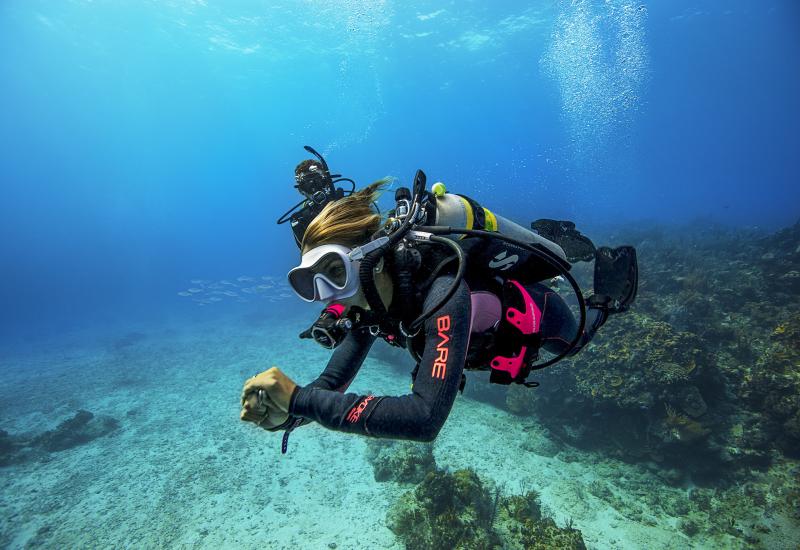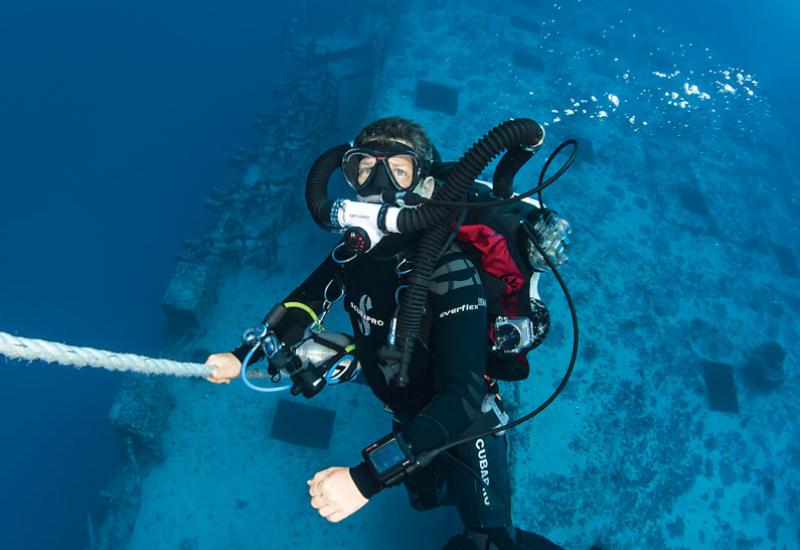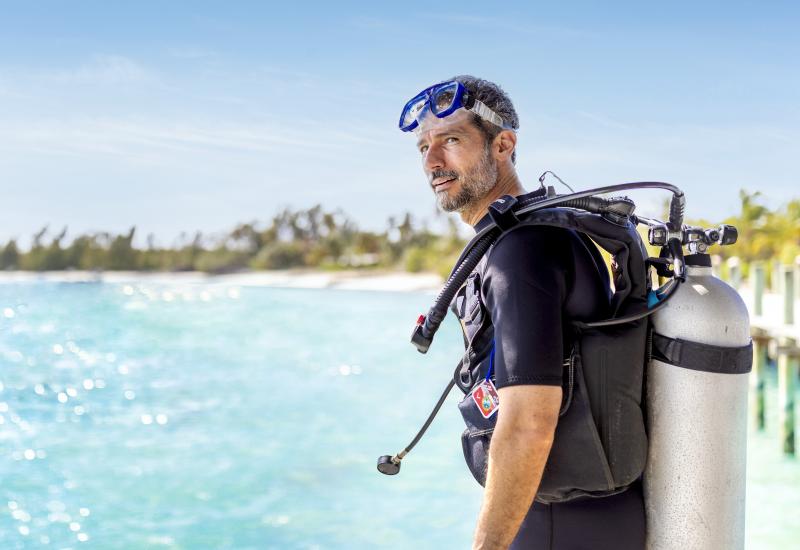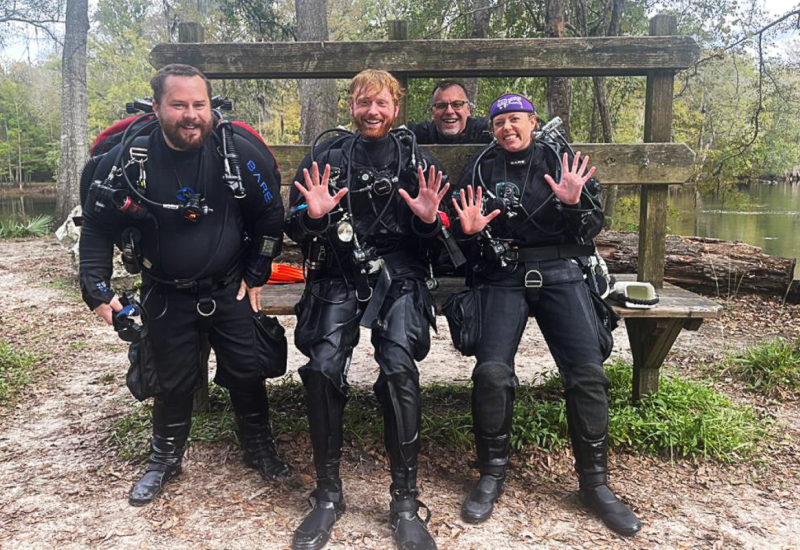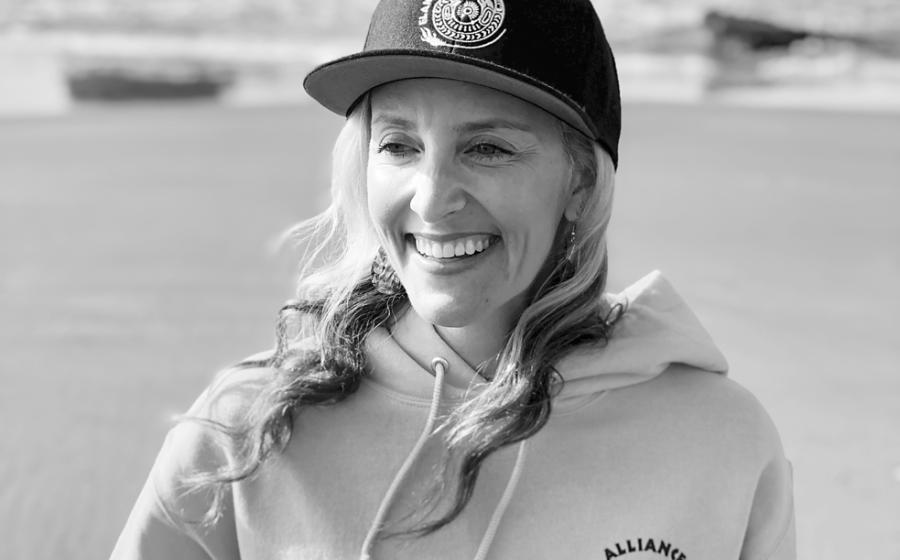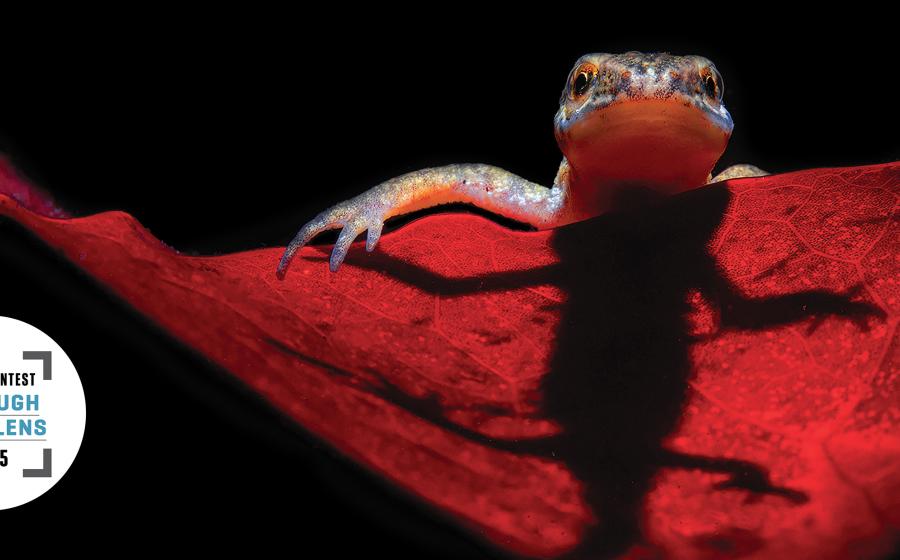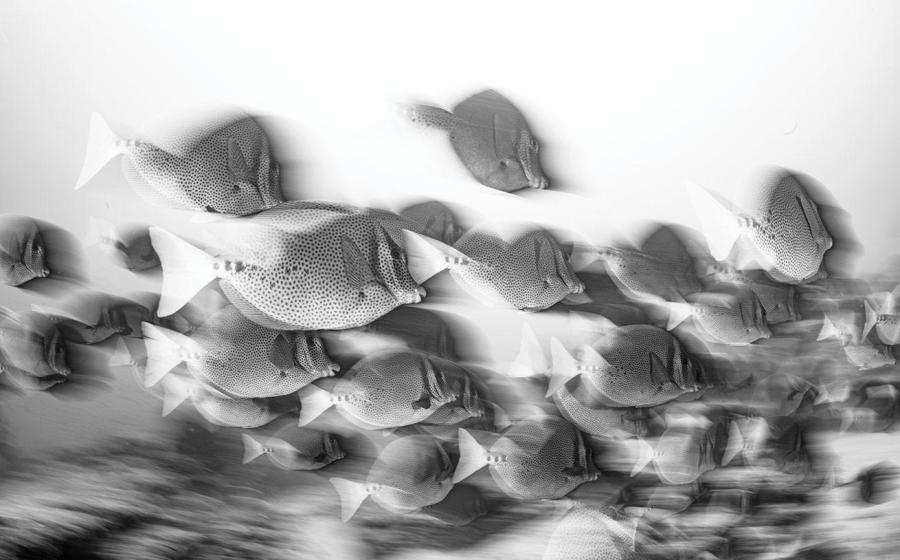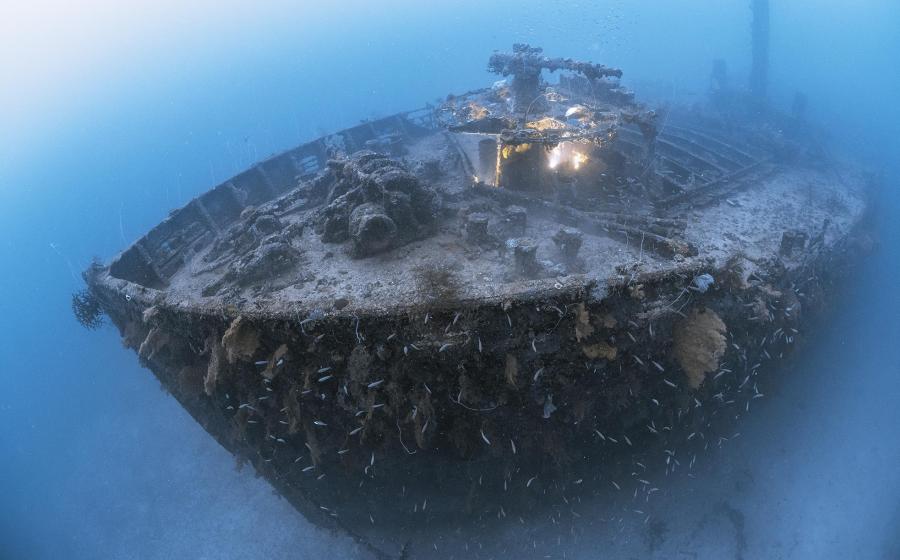What It's Like: To Dive with Wild Bears

Sergey Gorshkov in cage
Sergey Gorshkov
Kurile Lake in Kamchatka, Russia, is the largest spawning ground for red salmon in Eurasia, and the best place for bears. They come here every year from generation to generation.
I knew no one had shot these bears underwater, and I started moving in that direction, having a clear idea in my mind what I wanted to do, understanding that it would be not only difficult but dangerous.

I said to a shop assistant, “I need a box for my camera to take pictures of bears underwater” — he put his finger to his temple and twisted it, as if I were the craziest person he had ever met.
While working with predators, the border between life and death is very slight. You can meet a bear quite often and work with it without any problems, but one mistake is enough to lead to a fatal result. To work in direct contact is very dangerous — but I really wanted this shot. So we had a special cage built — when the bear got up on his hind legs, I had to watch from the bottom up.
To achieve my dream, I spent long hours in the icy water. But excitement turns your head. You can get very close to a bear — nose to nose, so to say — and there is only one thing in your mind: how not to lose the moment. The bears I worked with were posing while I was just shooting them, but as soon as I got into the water, they started hunting, taking me for prey.
It’s only now, looking back, that I realize how dangerous it was. Bears have caused more injuries to photographers than lions, tigers, leopards and sharks combined. I would not recommend anyone repeat what I did.
Click to see more of photographer Sergey Gorshkov's bears and other endangered wildlife.
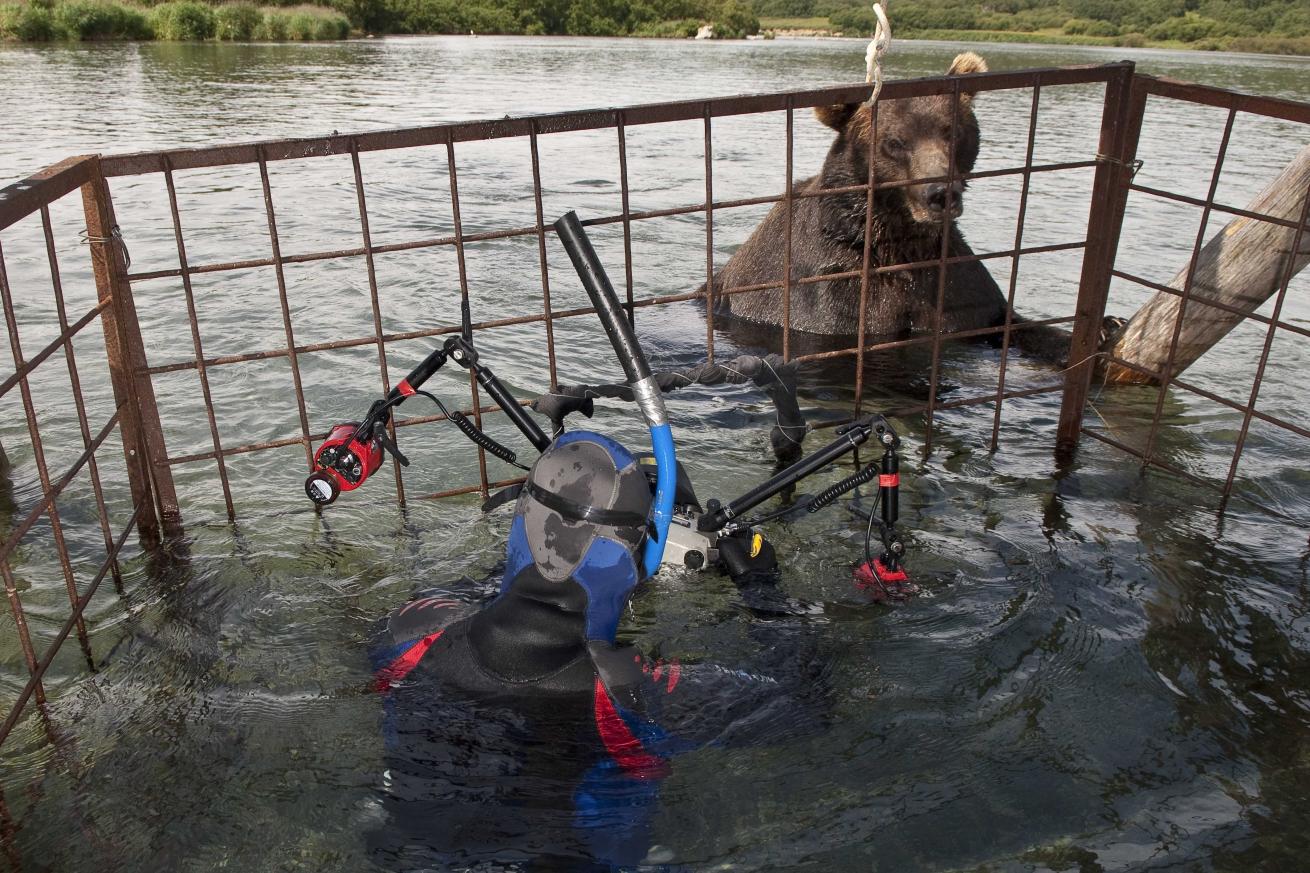
Sergey Gorshkov
Kurile Lake in Kamchatka, Russia, is the largest spawning ground for red salmon in Eurasia, and the best place for bears. They come here every year from generation to generation.
I knew no one had shot these bears underwater, and I started moving in that direction, having a clear idea in my mind what I wanted to do, understanding that it would be not only difficult but dangerous.
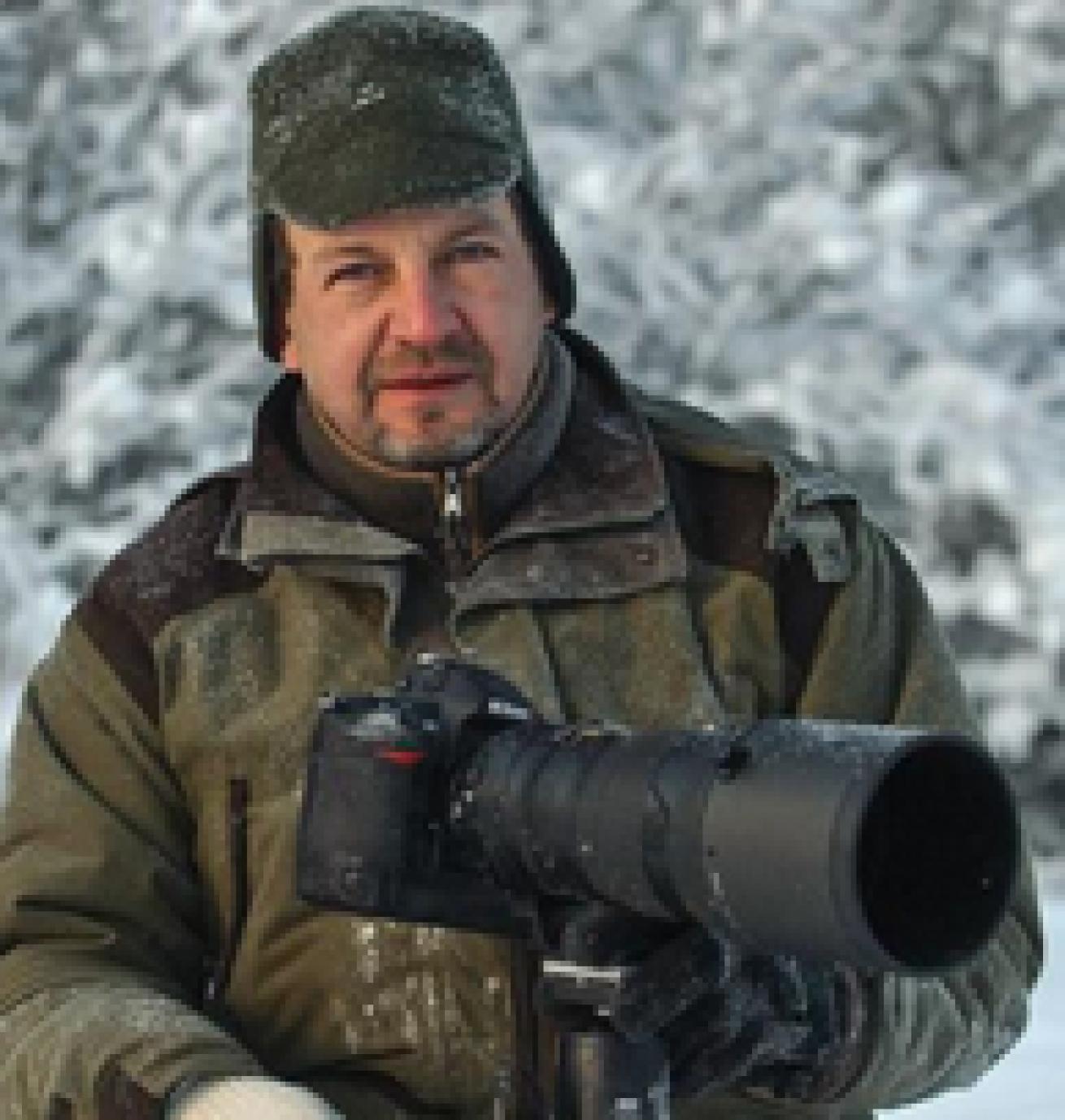
I said to a shop assistant, “I need a box for my camera to take pictures of bears underwater” — he put his finger to his temple and twisted it, as if I were the craziest person he had ever met.
While working with predators, the border between life and death is very slight. You can meet a bear quite often and work with it without any problems, but one mistake is enough to lead to a fatal result. To work in direct contact is very dangerous — but I really wanted this shot. So we had a special cage built — when the bear got up on his hind legs, I had to watch from the bottom up.
To achieve my dream, I spent long hours in the icy water. But excitement turns your head. You can get very close to a bear — nose to nose, so to say — and there is only one thing in your mind: how not to lose the moment. The bears I worked with were posing while I was just shooting them, but as soon as I got into the water, they started hunting, taking me for prey.
It’s only now, looking back, that I realize how dangerous it was. Bears have caused more injuries to photographers than lions, tigers, leopards and sharks combined. I would not recommend anyone repeat what I did.
Click to see more of photographer Sergey Gorshkov's bears and other endangered wildlife.

